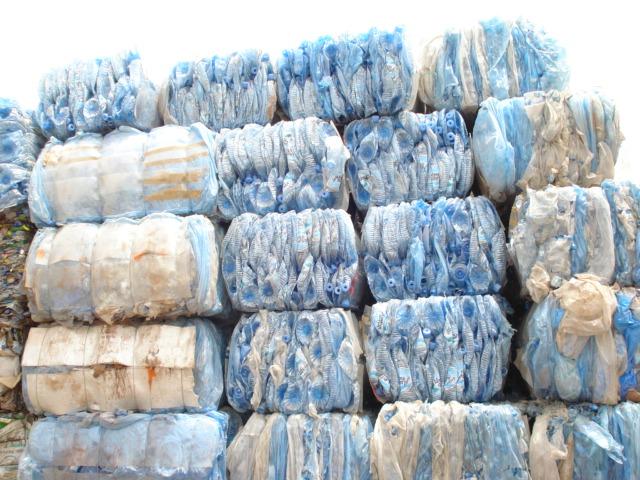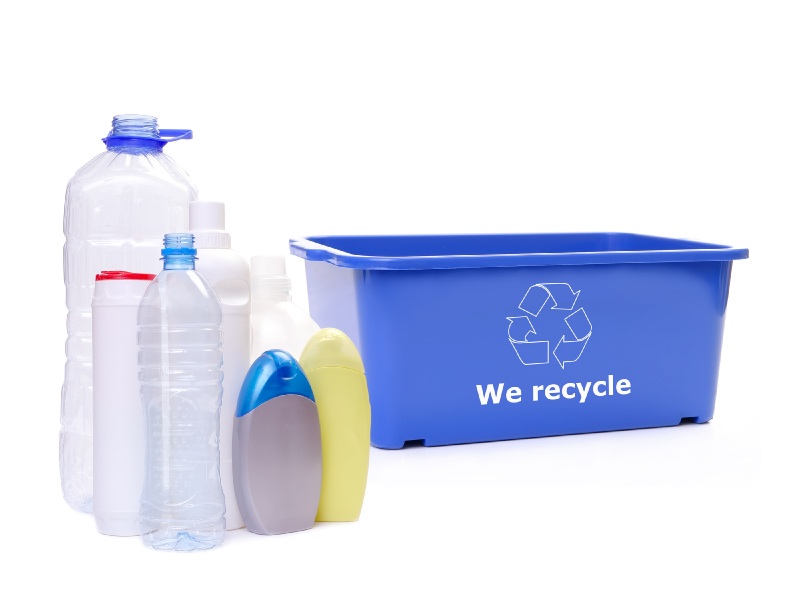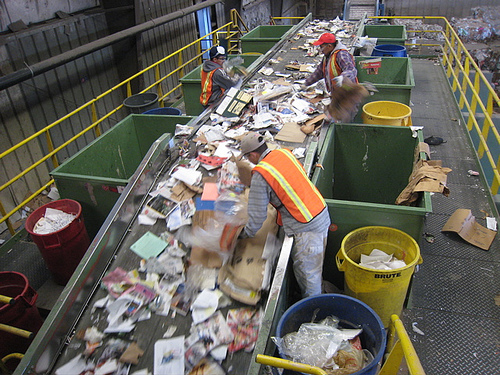The Waste Protocols Project, a joint Environment Agency and WRAP (Waste and Resources Action Programme) initiative, has launched the search for additional waste materials that can be reused and recycled, rather than needlessly dumped in landfill.
The Project, set up to help industry make better use of waste materials by clarifying in Quality Protocols how and when waste can be freed up from regulations and used with no further risk to the environment, has identified a range of materials that can be turned into new items rather than discarded.
To date 11 materials – including non-packaging plastics such as old drainpipes – and waste cooking oil that can be transformed into biodiesel – have been reviewed by the project. In total this first wave of protocols, over the next 10 years, are projected to save businesses and industry more than £400 million, create a £280 million market in the materials and divert 17 million tonnes of waste from landfill.
Already a Quality Protocol for compost has been taken up by over 80% of producers and diverted an estimated 2.8million tonnes of waste from landfill. A protocol for flat glass is also due to be launched later this month which will make it easier to recycle the 6.6 million windows that are replaced in homes across England and Wales every year.
Martin Brocklehurst, the Environment Agency’s Head of Environment Protection External Programmes, said: “The Waste Protocol Project is an exciting initiative that is already making a positive impact on both industry and the environment. But we don’t want to stop here. There are more types of waste that could be treated as a resource rather than rubbish and because it takes time to develop a Quality Protocol we want to start identifying more potentially suitable materials now.
“For Quality Protocols to be effective and divert waste from landfill, reduce pressure on precious natural resources and reduce businesses’ overheads in this tough economic climate, it’s vital that industry bring their technical expertise to the table. We need industry’s help to ensure that the waste materials with the greatest potential for recycling and reuse are selected.
Marcus Gover, WRAP’s Director of Market Development, said: “Quality Protocols play a key part in developing confidence in a market place because they give clear guidance on when a waste can become a product.
“In many cases the Quality Protocol allows industries to feel confident at requesting a higher specification of material which can lead to higher quality products. In addition to this there is the removal of some regulations which can help stimulate the market.”
For a waste to be potentially suitable for a Quality Protocol, it must:
* Be processed now – or in the near future – in the UK
* Be fully processed and ready to use without further processing at the site of production
* Be produced in large tonnages or has a high value and,
* Have a market, or potential market and can be used as a direct substitute for a virgin material.
Application forms can be downloaded at the Environment agency website. Successful applicants will be invited to present their proposal to a Waste Protocols Project Board panel in London on 20 May 2009. A decision on which new materials are accepted will be made in June 2009.
Source: recyclingnewsportal.com






